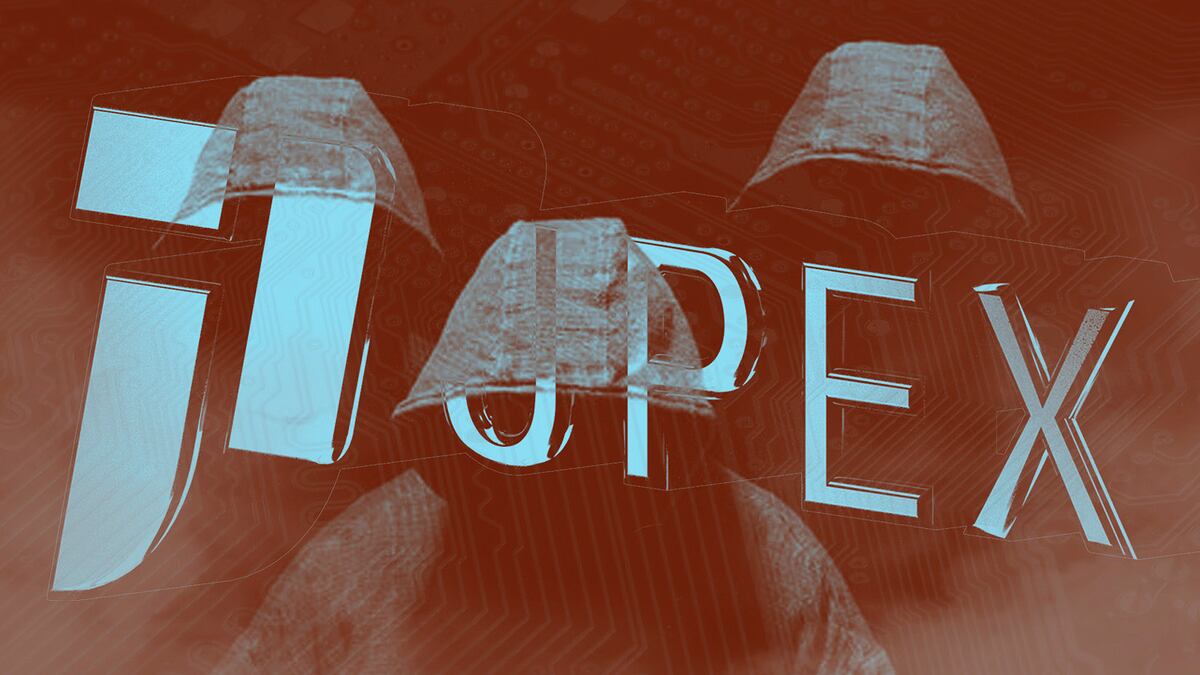- Four in 10 people in Hong Kong don’t want to hold virtual assets in the aftermath of the JPEX scandal.
- Just over a quarter of people currently hold cryptocurrency in the city, according to a new survey.
- More than half incorrectly think that a token being listed on a Hong Kong exchange means it’s approved by regulators.
Hong Kong residents’ feelings toward virtual assets have soured in the aftermath of the JPEX scandal.
A survey conducted by the Hong Kong University of Science and Technology’s School of Business and Management reveals that 41% of 2,200 respondents, aged 18 or above, are now reluctant to hold any virtual assets.
That marks a substantial 12-percentage-point increase from a similar survey, which polled 5,700 people between April and May.
Although, 84% of respondents claimed to have heard of virtual assets, only 27% have held or currently own them.
Moreover, the desire to possess virtual assets in the future has dwindled, with only 20% expressing such an interest, reflecting a five-percentage-point decrease from the previous survey.
Among those willing to invest in virtual assets, 80% plan to hold holdings valued at HK$50,000 or less.
The survey comes on the back of the investigation into cryptocurrency exchange JPEX, which has resulted in 28 arrests so far, including prominent influencers who promoted the platform.
The survey didn’t mention JPEX by name, only referred to it as “an alleged financial fraud that involved a cryptocurrency platform in mid September.”
The police estimate substantial financial losses to consumers of around HK$1.55 billion ($200 million).
Regulatory misconceptions
The survey also revealed a widespread misconception among respondents regarding the level of regulation surrounding virtual assets.
Over half of the respondents incorrectly believed virtual assets traded on Hong Kong-licensed exchanges are officially approved by regulators, indicating a lack of clarity and understanding in this emerging field.
Associate Dean of HKUST Business School, Professor Allen Huang emphasised the need to improve educational efforts for the public, echoing similar calls from government officials.
“Our survey shows that investors have limited understanding of virtual assets, and that the ones interested in VAs primarily focus on mainstream VAs such as Bitcoin, Ether, stablecoins and NFTs,” he told DL News.
He said that increasing people’s awareness and understanding of virtual assets and related regulations can help investors make informed decisions.
“The relevant authorities in Hong Kong are likely looking into providing investors with more accurate information on VAs including how they are different from traditional asset classes such as stocks and bonds,” he added.
Got a story about crypto in Hong Kong? Contact me at callan@dlnews.com.
